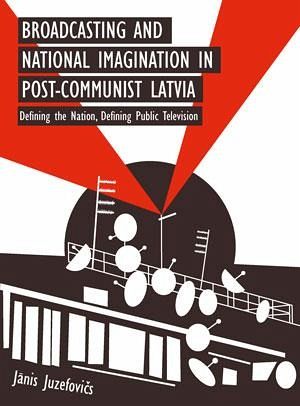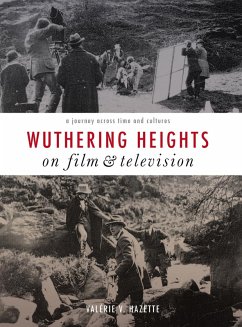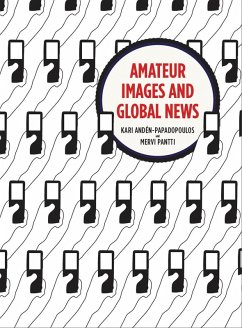
Broadcasting and National Imagination in Post-Communist Latvia (eBook, ePUB)
Defining the Nation, Defining Public Television
Versandkostenfrei!
Sofort per Download lieferbar
30,95 €
inkl. MwSt.
Weitere Ausgaben:

PAYBACK Punkte
15 °P sammeln!
This book uses the case study of public television in post-communist Latvia to explore the question of how audiences respond to TV offerings, and how their choices can be seen as an act of agency. Janis Juzefovics builds his book around Albert O. Hirschman's classic concepts of exit, voice and loyalty - the options available to a person within any system. He uses Hirschman's ideas, along with tools from social constructionism, to assess how the publics of both the Latvian-speaking majority and the large Russian-speaking minority have responded to the role of public television in the nation-bui...
This book uses the case study of public television in post-communist Latvia to explore the question of how audiences respond to TV offerings, and how their choices can be seen as an act of agency. Janis Juzefovics builds his book around Albert O. Hirschman's classic concepts of exit, voice and loyalty - the options available to a person within any system. He uses Hirschman's ideas, along with tools from social constructionism, to assess how the publics of both the Latvian-speaking majority and the large Russian-speaking minority have responded to the role of public television in the nation-building efforts of the new Latvian state. Along the way, he develops our understanding of public broadcasting more generally, and the way it can be used to define a national 'we'.
Dieser Download kann aus rechtlichen Gründen nur mit Rechnungsadresse in A, D ausgeliefert werden.













